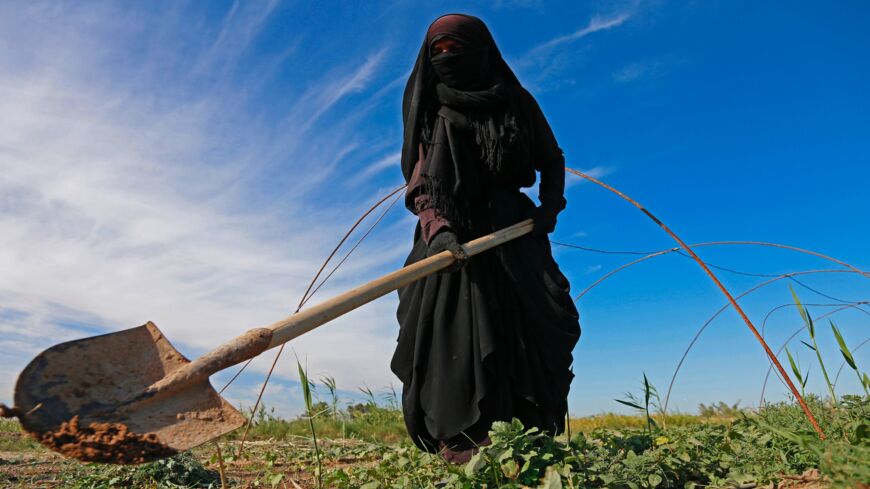The United Nations Children’s Fund (UNICEF) released Tuesday some alarming information about water scarcity in the Middle East and North Africa
“Water scarcity is only going to get worse in this region,” said UNICEF’s regional climate change adviser, Chris Cormency, in a press release, citing the effects of climate change.
UNICEF noted several statistics to illustrate the degree of water scarcity in the region. They said "nearly half of the water is unaccounted for or lost in leakages” due to weak water systems that do not adequately preserve water being pumped.
An August 2021 report from UNICEF stated that the region’s groundwater began to be over-exploited to meet agricultural needs starting in the 1970s when motorized pumps were introduced. The problem has since been exacerbated by “inadequate governance arrangements, including weak water resource management policies and a lack of regulation,” according to the report.
Relatedly, agriculture on average takes up 70% of water use internationally, but in the Middle East and North Africa, this figure is 80%, according to UNICEF.
UNICEF added that 11 out of the 17 most water-stressed countries in the world are in the Middle East and North Africa.
The DC-based nonprofit World Resources Institute reported in 2019 that these 11 countries are Qatar, Israel, Lebanon, Iran, Jordan, Libya, Kuwait, Saudi Arabia, the United Arab Emirates, Bahrain and Oman.
Cormency also noted the relation of water scarcity to conflict zones in the region. He noted a group of families he met in a displaced persons camp in southern Yemen in January. He expected that the family had fled the violence raging in the country, but they actually left their hometown because of saltwater intrusion into their drinking water.
Water scarcity leads to many issues in the region. The drop in groundwater in Turkish-controlled northern Syria has caused prices to go up, Al-Monitor reported last year. Iran’s water shortages have prompted the government to seek help from the Taliban in Afghanistan, Al-Monitor reported last month.







